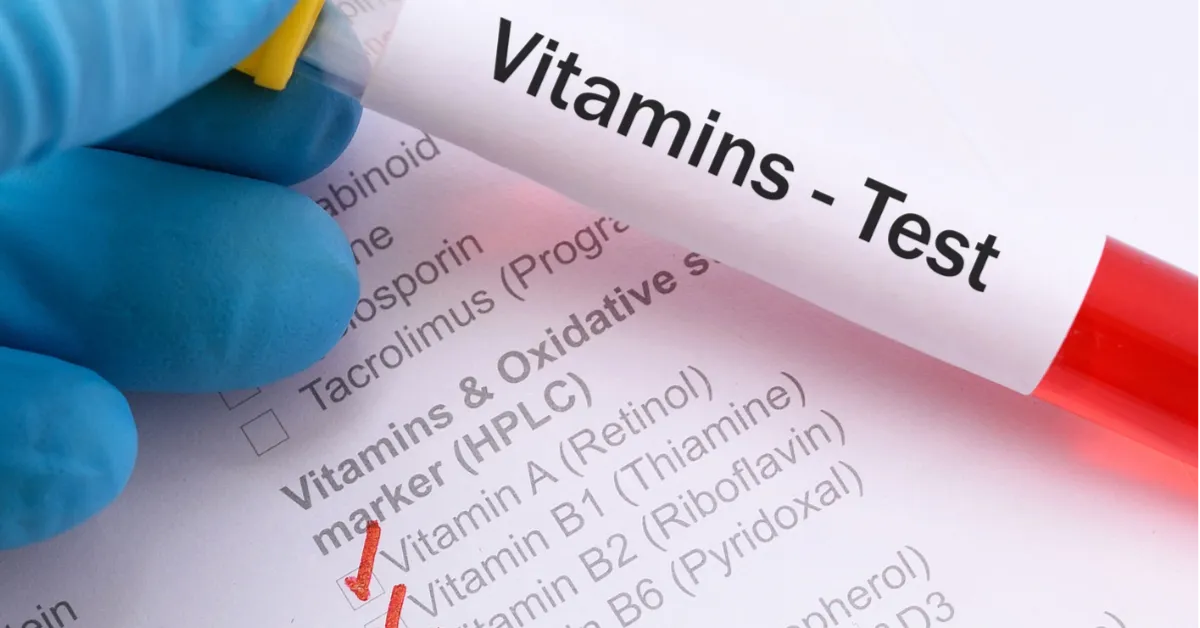AOAC 944.13 Vitamin C Measurement in Fruits and Vegetables
The AOAC International Method 944.13 is a widely recognized standard for measuring ascorbic acid (Vitamin C) content in fruits and vegetables. This method provides accurate, precise, and reproducible results that are crucial for ensuring product quality, compliance with international standards, and meeting consumer expectations. Our laboratory adheres strictly to this protocol to deliver reliable data.
Vitamin C is an essential nutrient that plays a critical role in human health. It supports the immune system, promotes collagen synthesis, and aids in iron absorption. In food testing laboratories, accurate measurement of Vitamin C content ensures product integrity and helps manufacturers maintain consistent quality across batches. Compliance with international standards such as ISO 15216-1:2008 is essential for ensuring reliability.
The AOAC 944.13 method involves the extraction of ascorbic acid from a sample followed by its determination using titration or spectrophotometric analysis. The procedure requires careful handling and precise measurement to minimize errors. Our laboratory ensures that all samples are prepared according to the specified guidelines, which include homogenization, filtration, and appropriate dilution.
Our team of experts is well-versed in this method and can provide detailed insights into the various steps involved. This knowledge allows us to offer tailored advice on sample preparation, instrument selection, and data interpretation. Additionally, we provide comprehensive reports that outline the testing process and results, ensuring transparency and ease of understanding for our clients.
The AOAC 944.13 method is not only used in quality control but also plays a vital role in research and development efforts. By accurately measuring Vitamin C content, researchers can better understand how different processing techniques affect nutrient retention. This information is invaluable for developing new products that meet both nutritional requirements and consumer preferences.
Our laboratory's proficiency with the AOAC 944.13 method extends beyond just compliance; it enables us to contribute significantly to environmental sustainability initiatives. By ensuring accurate measurement of Vitamin C content, we help reduce waste by identifying sub-standard products early in the production process. This proactive approach minimizes resource consumption and supports sustainable practices throughout the supply chain.
In summary, our AOAC 944.13 service provides reliable measurements of Vitamin C content in fruits and vegetables, ensuring product quality, compliance with international standards, and support for sustainability efforts. Our expertise, precision, and commitment to excellence make us a trusted partner for those involved in food production and research.
Eurolab Advantages
- Comprehensive Expertise: Our team of certified experts brings extensive experience in various food testing methods including AOAC 944.13.
- Precision and Accuracy: Using state-of-the-art equipment, we ensure precise results that meet the highest industry standards.
- Timely Reporting: We deliver reports promptly to help you make informed decisions swiftly.
- Certified Laboratories: Our facilities are accredited by leading bodies ensuring reliability and trustworthiness of our services.
- Comprehensive Support: Beyond just testing, we offer guidance on sample preparation and best practices for maintaining product integrity.
Our commitment to excellence and innovation positions Eurolab as a leader in food testing services. With years of experience underpinned by cutting-edge technology, we provide unparalleled support to ensure your products meet the highest quality benchmarks.
Environmental and Sustainability Contributions
Incorporating sustainability into our daily operations is not only an ethical imperative but also a strategic business decision. By offering accurate Vitamin C measurements through the AOAC 944.13 method, we contribute to several key sustainability goals:
- Resource Efficiency: Accurate measurement helps in identifying sub-standard products early, thereby reducing waste and conserving resources.
- Eco-friendly Practices: By ensuring product quality at every stage of production, we support eco-friendly practices that benefit the environment.
- Sustainable Supply Chains: Our services aid in maintaining consistent quality across supply chains, promoting sustainable business practices.
The precision and reliability of our AOAC 944.13 service play a crucial role in supporting these sustainability efforts. By partnering with Eurolab, you not only ensure compliance but also contribute to a more sustainable future.
Use Cases and Application Examples
| Case Study | Description | Results Achieved |
|---|---|---|
| Example 1: Juice Manufacturer Quality Control | Determine Vitamin C content in freshly squeezed orange juice to ensure compliance with international standards. | Accurate measurement of ascorbic acid content, ensuring consistent product quality and meeting ISO 15216-1:2008 requirements. |
| Example 2: Research on Processing Effects | Analyze Vitamin C retention in apples after various processing techniques to optimize production methods. | Identify optimal processing conditions that maximize Vitamin C retention, contributing valuable data for product development. |
| Example 3: Supplier Verification | Validate the claims of a new supplier regarding their fresh produce's Vitamin C content. | Confirm accurate representation and reliability of supplied products, ensuring trust in supply chains. |
- Example 4: Compliance Verification: Verify compliance with EU directives on food safety and quality through accurate measurement of Vitamin C.
- Example 5: Consumer Health Claims: Support product claims regarding health benefits by providing precise data on Vitamin C content.
- Example 6: Development of New Products: Assist in the development of new products that meet strict nutritional requirements and consumer expectations.
The versatility of the AOAC 944.13 method allows us to address a wide range of applications, from quality control and compliance verification to research and product development.





